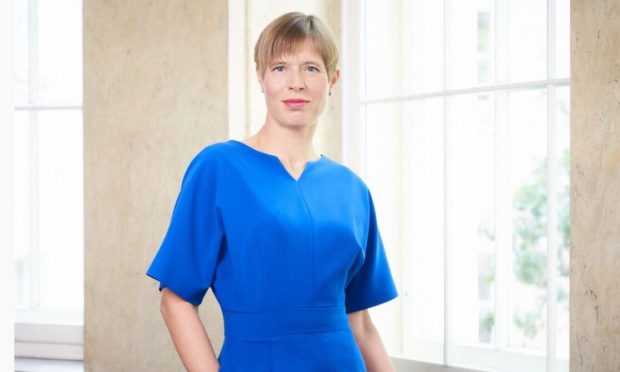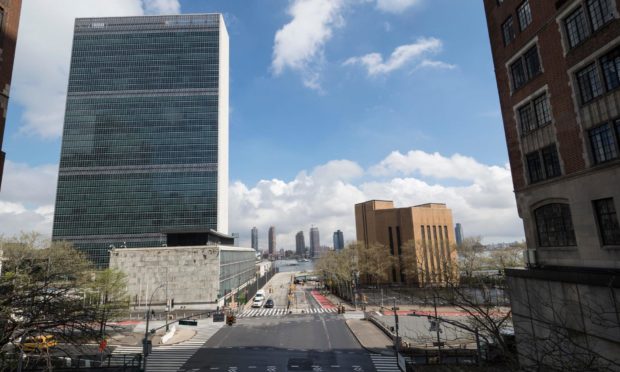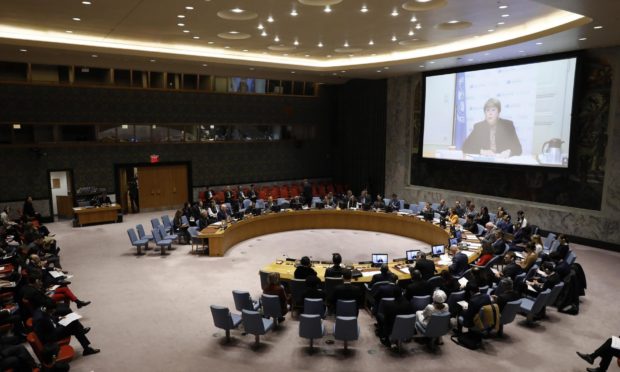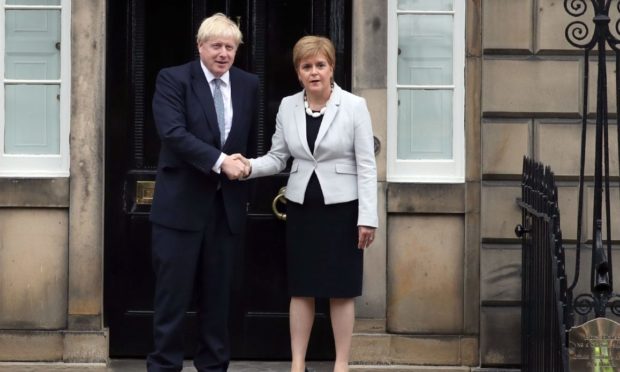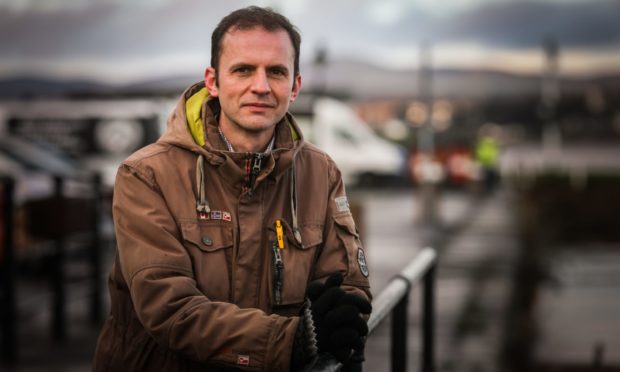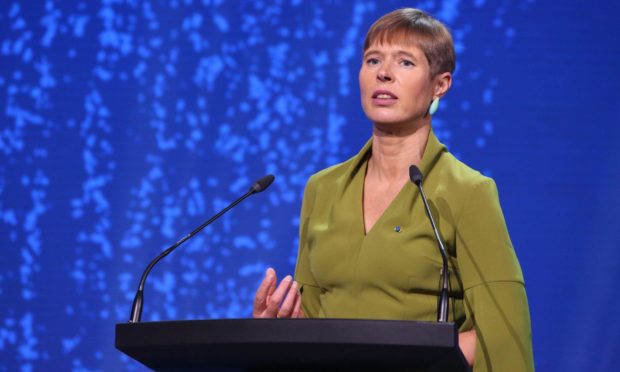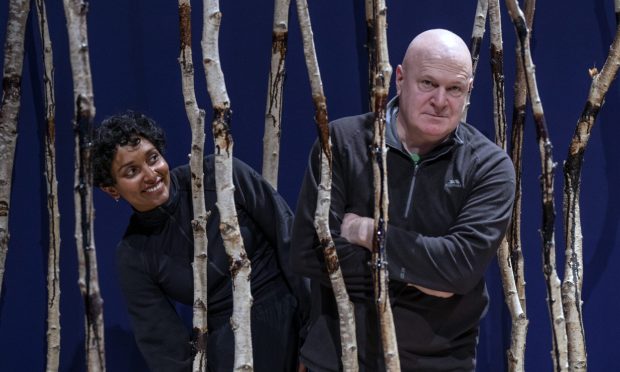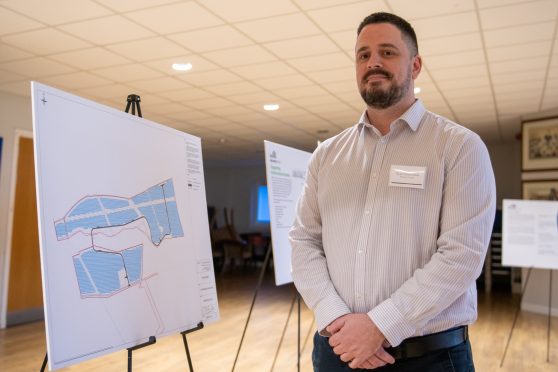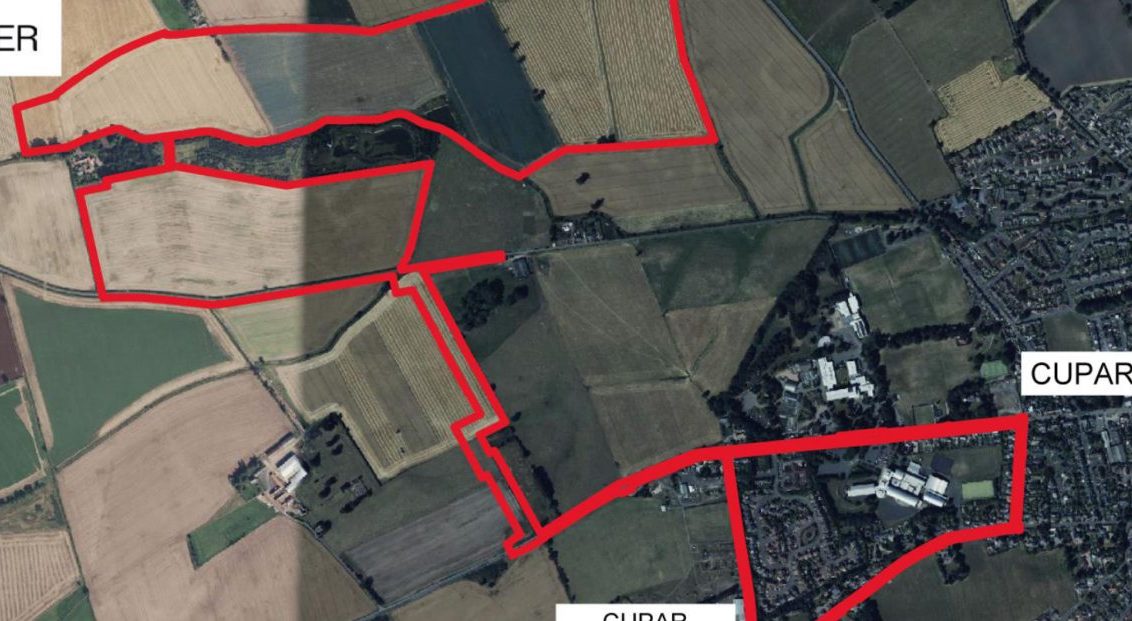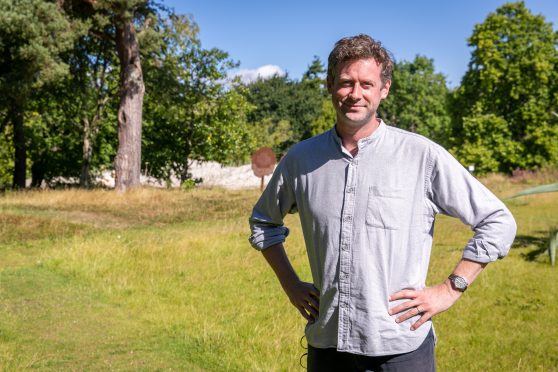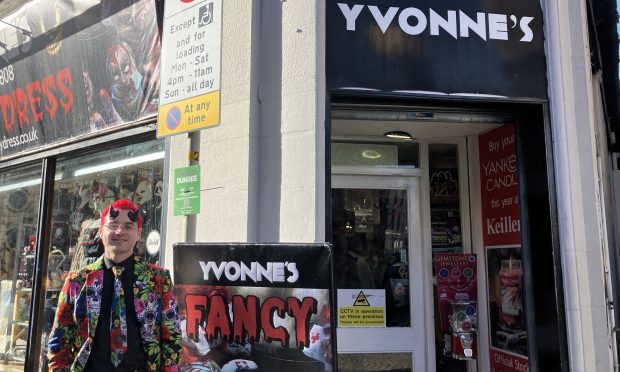There’s a video on social media from spring 2019 shared by diplomats. It shows Estonia’s president, Kersti Kaljulaid, at the United Nations in New York, casually strolling past a row of colourful national flags.
She may not have known then, on the eve of voting, that her tiny Baltic nation had enough support from other Member States to land a historic first-ever seat on the UN Security Council, but after an intensive campaign this was about as close to outright bragging as any salt-of-the-earth Estonian was likely to come.
Soon states gather #UNGA Hall to vote for the #UNSC candidates for term 2020-2021. #Estonia is ready to take on this responsibility! pic.twitter.com/AdD7uESCzS
— Kersti Kaljulaid (@KerstiKaljulaid) June 7, 2019
Against the odds, Estonia found a way to cut through the often deafening noise of international diplomacy and make its voice heard on the biggest of global stages.
It’s a challenge that Scotland also faces this year when Glasgow becomes the host city for the United Nations’ COP26 Climate Change Conference in November. Hundreds of world leaders and thousands of delegates are expected to descend on the city for an event run by the UK Government.
So how can Scotland be an effective operator at COP26? There are lessons to be learned from Estonia.
“I believe that those are heard, who have good constructive ideas,” says President Kaljulaid in an interview from her office in Tallinn.
She cites an effective lobbying drive, fronted by a small network of around 40 Estonian embassies, that focused on her country’s strengths and innovations in cyber security and digital services, and Estonia’s reputation as a responsible and modern European country.
Everybody realises that the only power we have is the power of persuasion.”
President Kersti Kaljulaid
“We were very hopeful as well,” about the success of the United Nations election efforts “and many people were telling us we will get it,” she said.
“But something struck me really deeply afterwards, the world is good and kind. People don’t lie to you. If they tell you they support you, if they say so in earnest, they are not lying to you. We can rely globally on the word of people. That was a valuable lesson for all of us.”
This wistful optimism should not be confused with naivety. Estonians are gimlet-eyed when it comes to international affairs. The small Baltic nation of just 1.3 million people first gained independence from Russia in 1920, and then after a long Soviet occupation became independent again in 1991. So there’s a very keen sense of realpolitik when it comes to their Russian neighbours in particular.
Being members of the EU and Nato, and now having a seat at the UN’s top table brings Estonians not just recognition but also an enhanced sense of safety.
“Having friends in the world is security, always, and being known is also linked to security,” says President Kaljulaid, a 51-year old self-styled liberal conservative who was voted into office by Estonia’s parliament, the Riigikogu, in 2016.
In practical terms, though, how does a small nation like Estonia even hope to hold its own with superpowers like China, America, and Russia at the United Nations? When you’re on the Security Council, says Kaljulaid, everybody wants to be your friend. Before that, it’s a different story.
“Quite a lot of personal persuasion has to go into convincing people there is value in having small nations in the Security Council, because we are impartial, and we depend on the upholding of international laws”
“And then you have to offer a story which somehow talks to people, that Estonia, a small country which only 30 years ago regained its independence, has been trying to participate in providing and contributing to global security”
“You don’t need to patronise small countries. They might find something which others can learn from. And therefore we provide a model of hope for many nations globally,” the president says.
United Nations partnerships
Across the Atlantic at the United Nations, Estonia’s efforts half way through its two-year stint on the Security Council have not gone unnoticed.
“Most small countries tend to look for a few signature themes. In the UN, Estonia has smartly focused on cybersecurity. The Estonians are also the only diplomats who know how to run an online conference properly!” exclaims Richard Gowan, UN Director for the International Crisis Group, and a noted expert on the inner machinations at the UN.
“Overall, I think Estonia are doing a good job in the UN Security Council. They are now taking on oversight of the Afghan file in the council in partnership with Norway, which is a pretty big responsibility for a smaller UNSC member.”
“If by some miracle the current Afghan peace talks bear fruit, Estonia could end up guiding the UNSC response to that, which would be a big deal,” says Gowan.
Estonia’s not the only example of a smaller country putting its place at the United Nations to effective use. History records countless such instances, like during the Syria conflict when Luxembourg negotiated humanitarian access at a time when the P5 Security Council countries – UK, France, China, Russia and America – were gridlocked.
During the 2008 financial crisis Singapore played its part by representing other small countries in talks about economic recovery, even though the G20 group of big economies were leading the discussion.
And island states, most prominently the Marhsall Islands, have positioned themselves as some of the most important voices in debates about the climate crisis: the simple fact that they face an existential threat in sea level rises gives their intervention urgency.
“Bigger and wealthier countries often work in coalition with these smaller states, because their voices carry extra weight,” says Richard Gowan.
“A lot of small countries just lack the diplomatic capacity to manage complex negotiating processes. That’s why EU members often buddy up with smaller non-Western states to pursue common initiatives. The Europeans provide capacity and resources, while non-Western states bring legitimacy,” he adds.
“In about 80% of UN General Assembly processes, a European country is a co-lead with a non-European partner.”
Glasgow’s diplomatic dance and the hunt for handshakes
When it comes to the practicalities of COP26 in Glasgow, the Scottish Government believes it has a role to play.
But there’s the distinct prospect of an unedifying stramash with both the UK Prime Minister and Scotland’s First Minister wanting those all-important, image-burnishing photo-ops with Joe Biden or Kamala Harris; Emanuel Macron, Justin Trudeau, Jacinda Ardern or Kersti Kaljulaid.
While Boris Johnson has already indicated a certain amount of displeasure at the thought of sharing any COP26 limelight with his Scottish counterpart, Nicola Sturgeon, former SNP MP Stephen Gethins, now a Professor of Practice in international relations at the University of St Andrews, says there needn’t be any jostling for position in Glasgow.
“There is an opportunity here to tell Scotland’s story, but that doesn’t necessarily take away from the UK’s story. If you’re a unionist, surely you’d want to show the common benefits of working together?”
At COP15 in Copenhagen, held in the Danish capital in 2009, the Scottish Government’s requests to be part of the UK delegation were rebuffed.
“I thought it was short sighted,” says Gethins. “Scotland was receiving plaudits for its climate change work, and I remember thinking at the time if Scotland’s a part of the UK, then play the whole team. Scotland has a good story tell and it complements the UK’s efforts as well.”
If COP15 is an illustration of where the UK and Scottish Governments clashed on representation and working together, then a year later at COP16 in Cancun was an example of how to get it right, with Scotland being invited as part of the UK’s official delegation.
“There’s sometimes a fear that giving Scotland credit is giving the SNP credit, and they need to get over that,” says Gethins.
Personal branding helps Estonia’s message resonate
It’s been snowing this week in the Estonian capital, Tallinn, but not heavily enough for President Kersti Kaljulaid, a keen sports enthusiast. She’s hoping for more of the snowfall they’ve experienced in the south of the country, which would allow her to get out on the cross-country ski trails.
Like other countries Estonia is already seeing the impact of climate change, with a trend of shorter, milder winters. The Baltic nation still needs to wean itself off oil shale mining and refining, but has already learned to innovate more around areas like electricity consumption, to cut carbon emissions.
Its place on the international stage has never been more valuable as a vehicle to help tackle local and global problems.
“Everybody realises that the only power we have is the power of persuasion,” says President Kaljulaid.
“Yes, we have differences of opinion, and we are sometimes playing these differences of opinion against each other. But somewhere at the grassroots level of our diplomacy there is the understanding of this multilateral world which we all need.”
Kaljulaid herself has been one of the most effective tools at Estonia’s disposal when it comes to making friends around the world, and her official social media accounts are bursting full of pictures that catalogue her personal diplomacy, crisscrossing the globe from Antarctica to Japan, North America to the Middle East.
We are small, but we don’t have time for small objectives.”
President Kersti Kaljulaid
She modestly plays down her own role in Estonia’s recent foreign policy successes – “I don’t know about myself, I haven’t thought about it this way, but if I’m a recognised face, then I’m happy about it” – but in many ways she fills the same role of ‘national figurehead’ that Nicola Sturgeon does in Scotland, each woman the most recognised politician from their respective countries.
The Estonian delegation will come to Glasgow in November with ideas of open collaboration around technological advances to tackle the climate crisis. And just like they’ve experienced at the United Nations, the certainty that despite their size even smaller countries can speak with a loud, clear, constructive voice and offer up some big ideas – an area where President Kaljulaid has the final word.
“We are small, but we don’t have time for small objectives.”
